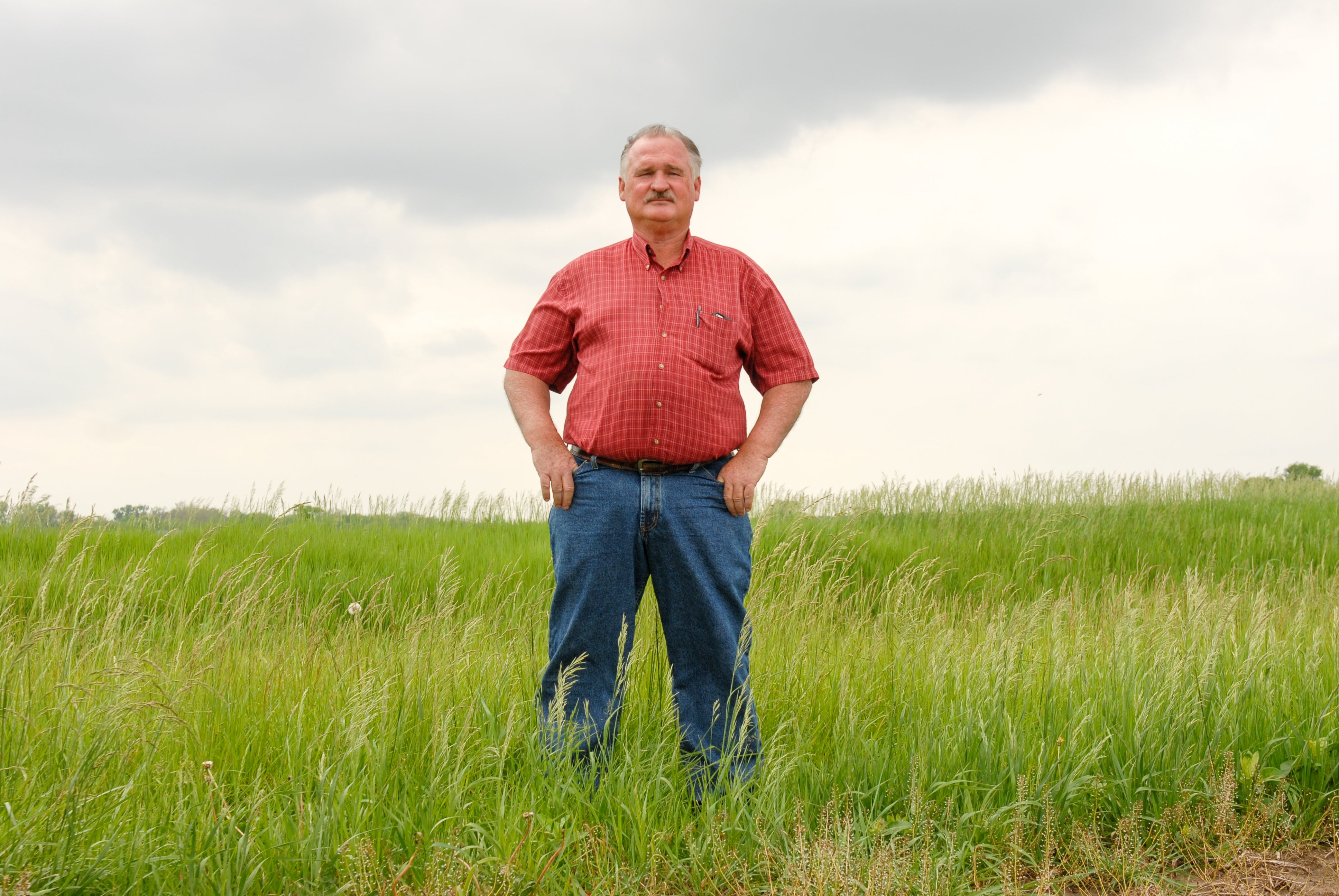Nearly one year ago, President Trump announced his intention to withdraw the United States from the Paris Climate Agreement. In the absence of federal government leadership, the agriculture sector is making its voice heard in the international climate change discussions taking place this week at the U.N. Climate Change Conference in Bonn, Germany.
Farmers are on the front lines of a changing climate and increasingly extreme weather. They know that climate-smart agriculture is critical to ensuring their operations continue for generations to come. That’s why they’re pulling up a chair to take a seat at the global climate table.
Agriculture’s role in climate solutions

Agriculture celebrated a major breakthrough last November when the sector was elevated from side discussions to full U.N. Framework Convention on Climate Change consideration.
The North American Climate Smart Agriculture Alliance (NACSAA) – a farmer-led coalition of agricultural associations, nonprofit organizations, universities and companies – is in Bonn this week to advocate for climate-smart agriculture.
NACSAA recommends a three-pronged framework [PDF] around the U.N.’s Koronivia Joint Work on Agriculture that:
- Increases agricultural productivity and livelihoods.
- Enhances capacity to adapt and improves resilience to climate change.
- Delivers ecosystem services, sequesters carbon, and reduces or avoids greenhouse gas emissions.
Developing an integrated strategy for the sustainability of working lands will be a steep feat. These issues are complex scientifically, politically, socially and geographically.
Global governance and local leadership on climate-smart ag
The complexity of global agriculture solutions
While NACSAA includes members from the United States, Mexico and Canada, it is also part of the Global Alliance for Climate-Smart Agriculture, which creates solutions for farmers worldwide.
Because of the complexity of global agriculture solutions, NACSAA asks that the U.N. involve recognized agricultural experts to work closely with farmers to understand their real-world experiences – and, crucially, how U.N. policies would affect them. These experts would also help assess the state of scientific knowledge and identify innovative technologies for seven conservation priorities, including soil health, water resource management and nutrient use – priorities for farms around the world.
As a NACSAA partner, Environmental Defense Fund will contribute science, policy and economic expertise to these endeavors, in addition to partnerships and lessons learned from across the global food supply chain.
[Tweet “How climate-smart agriculture and global trade are connectedhttps://www.edf.org/L6U”]
Two threats to market access and profitability
The economic and climate resilience of U.S. farms and rural communities are closely tied to global climate talks like those taking place this week in Bonn. By participating in these talks, U.S. farmers have a stronger say in the geopolitical forces that affect their market opportunities and profitability.

Two of the biggest economic and policy threats to the global food supply chain are trade uncertainty and carbon emissions from agriculture.
Pulling back from the Trans-Pacific Partnership last year put U.S. wheat at a substantial cost disadvantage compared to wheat from Australia and Canada. The escalating trade dispute with China has already hit U.S. soybean and sorghum prices, and renegotiating the North American Free Trade Agreement threatens to shrink the top export market for U.S. corn – Mexico.
In addition to trade uncertainty, importing nations and multinational food companies are increasingly concerned about the carbon footprint of the commodities they procure, starting with the climate impacts of biofuels and agriculture-induced deforestation.
International climate talks, which can seem procedural on paper, are vital steps toward making agricultural value chains more efficient and equipping farmers worldwide with the practices and tools to implement effective local climate adaptations that sustain or increase productivity, enhance climate resilience and contribute to a sustainable future.










One Comment
Please endure you include members from the Drawdown Project at these meetings. Go to http://www.drawdown.org, for more information.
Aside from the many ways Agriculture can help to achieve Drawdown, also hold discussions on the need to slowdown or eliminate harmful pesticides as our pollinators are at risk, which climate change can only exacerbate.